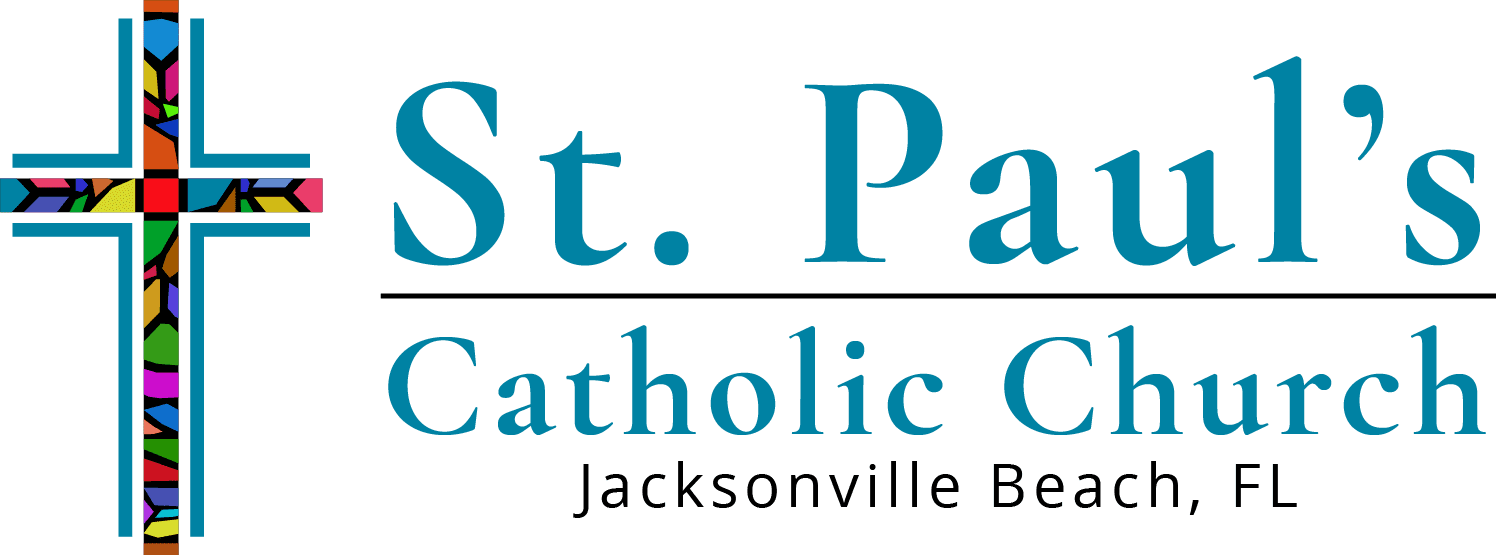

Our annual Lenten Mission Appeal this year will again benefit the Oblate Sisters of St. Francis de Sales and their work in South Africa and Namibia. The Sisters are devoted to providing food for poor families. They also teach in schools that are literally run on “mercy,” relying on the prayers and support of good people to continue the work of evangelization and serving humanity as they educate the hearts and minds of young people.
Next weekend (February 28-March 1), we will meet two Sisters from Mt. Aviat Academy in Childs, Maryland, who will remind us about the great need to help the least of our brothers and sisters. Please consider donating to their order – no gift is too small. This can be done in several ways: (1) Use one of the special envelopes the Sisters will provide for a check or cash given directly to the sisters; (2) Write a check made out to St. Paul’s and put OBLATE SISTERS in the memo line; (3) Give online at www.stpaulsjaxbeach.org. (4) Give directly to the Oblate Sisters at www.oblatesisters.org.
No gift is too small, and the need is so large!







